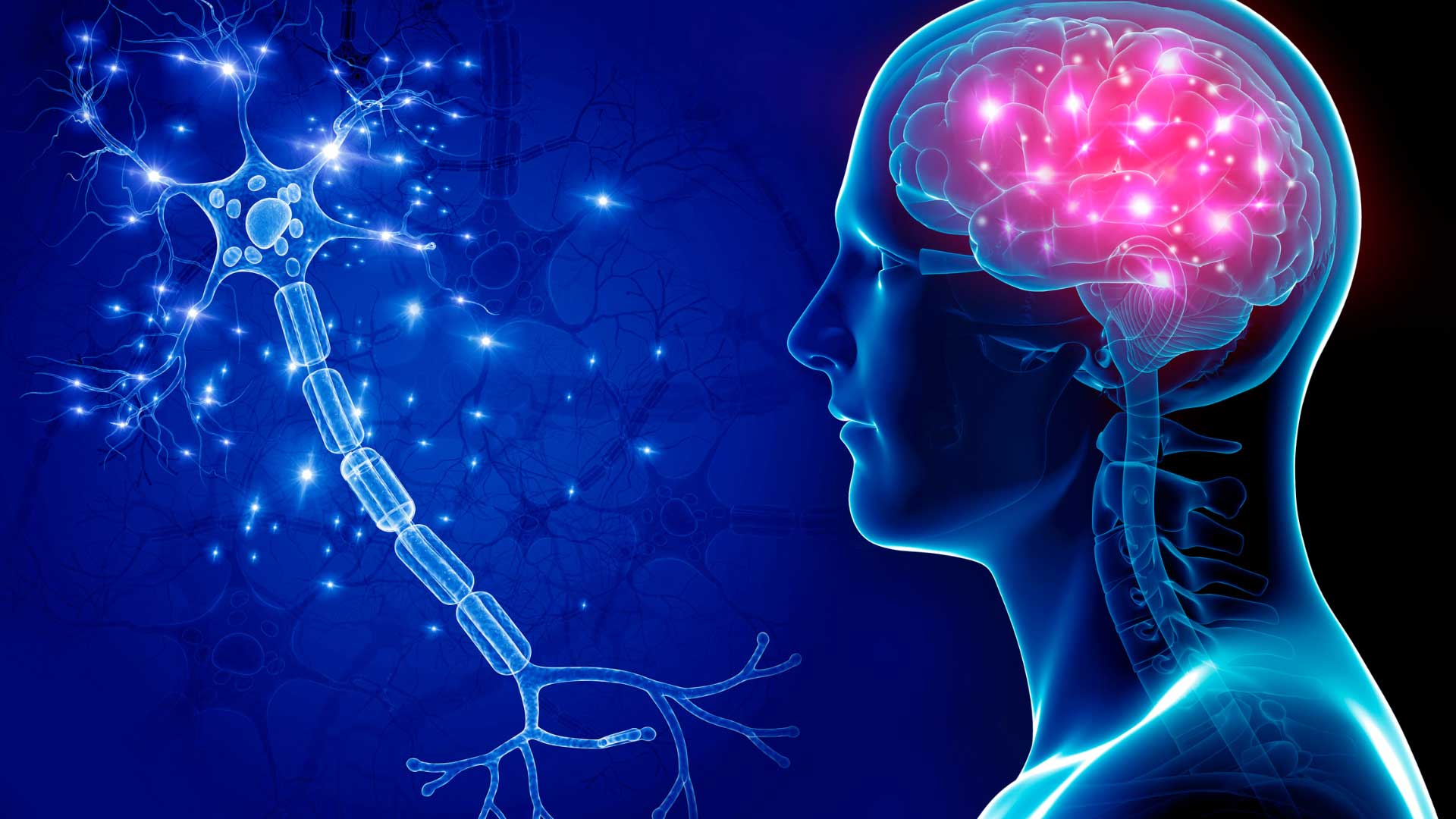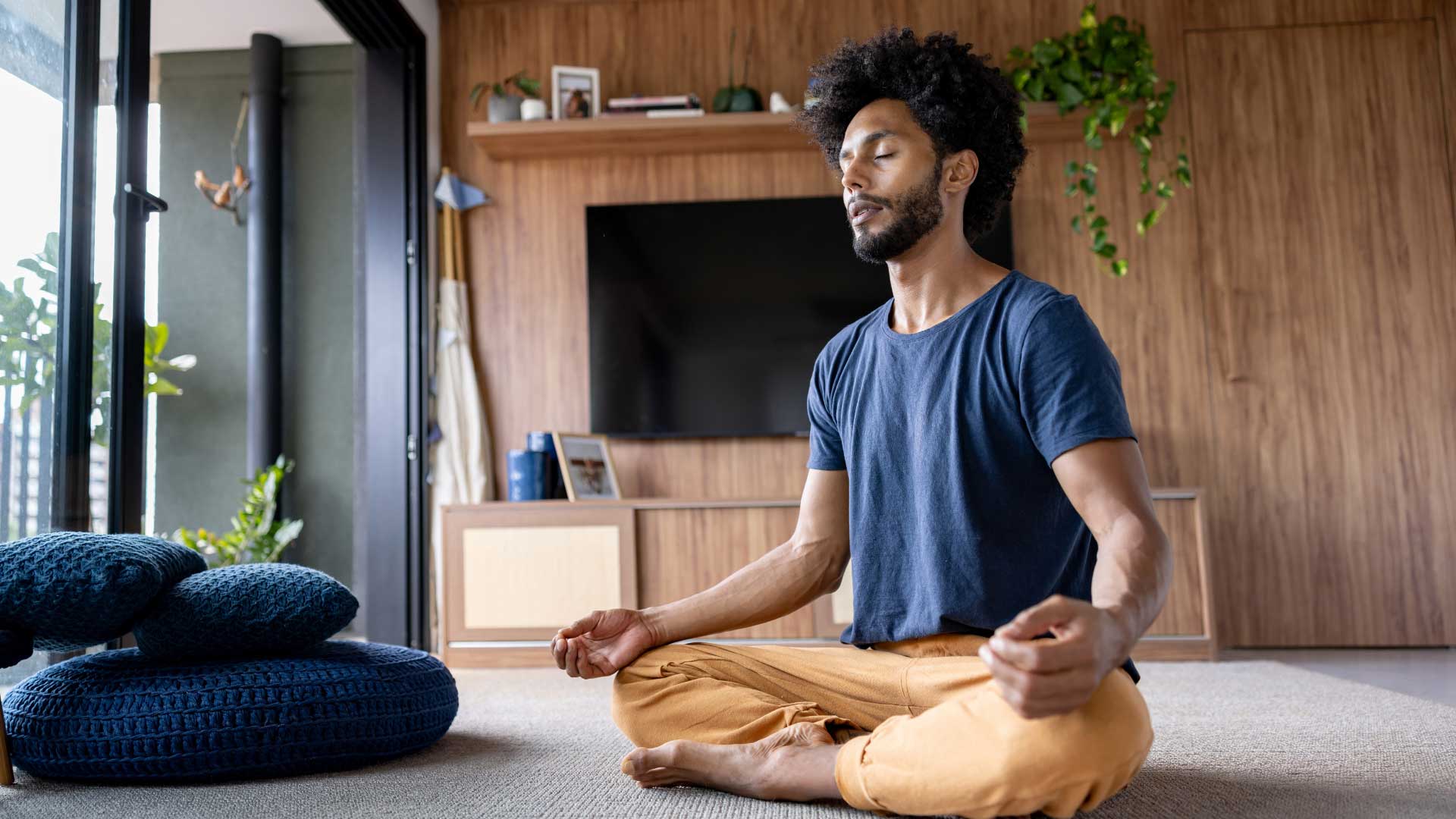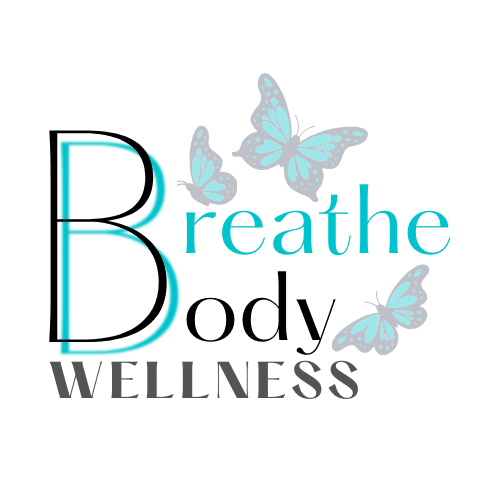Are you tired of the relentless battle against the symptoms of Vocal Cord Dysfunction (VCD)? Do you often find yourself struggling for breath, feeling a tightness in your throat that just won’t ease? If these challenges sound familiar, you might be surprised to learn that an ancient practice could offer you modern relief. Meditation, a simple yet profound technique, could be the key to managing your VCD more effectively. Here, we explore how stress and anxiety affect VCD, uncovering the intricate relationship between our psychological well-being and our physical condition.
Understanding Vocal Cord Dysfunction
Vocal Cord Dysfunction (VCD) is a condition that affects the vocal cords, leading to symptoms that can often be mistaken for asthma, such as difficulty breathing and wheezing. This similarity makes accurate diagnosis challenging and has historically led to many cases of misdiagnosis. However, recent studies have shed new light on the condition, revealing a crucial factor: stress and anxiety can significantly trigger or exacerbate VCD episodes.
The Dual Impact of VCD: Physical and Psychological
The symptoms of Vocal Cord Dysfunction are varied and can often lead to confusion with other respiratory conditions. Physically, individuals with VCD may experience sudden episodes of difficulty breathing, a feeling of tightness in the throat, hoarseness, chronic cough, and wheezing. Psychologically, VCD can have a profound impact, creating a feedback loop where stress and anxiety exacerbate the condition.
The Nervous System’s Role in VCD
Vocal Cord Dysfunction intricately interacts with the nervous system, particularly the balance between the sympathetic and parasympathetic nervous systems. When a VCD episode occurs, it can trigger the sympathetic nervous system’s ‘fight or flight’ response. This heightened state can exacerbate the feeling of panic, especially due to the difficulty in breathing associated with VCD. Conversely, the parasympathetic nervous system plays a crucial role in mitigating these effects.

Meditation: A Holistic Approach to VCD Management
Meditation is a practice that involves focusing the mind and calming the body, typically through deep breathing, mindfulness, or concentration on a particular thought or object. It serves the body by influencing the nervous system in several key ways:
- Activates the Parasympathetic Nervous System: Meditation triggers the ‘rest and digest’ response of the parasympathetic nervous system. This activation helps to counteract the stress response, promoting relaxation and reducing stress-related symptoms. For individuals with conditions like VCD, this can lead to a decrease in anxiety and a calming of the throat muscles, indirectly aiding in symptom management.
- Reduces Sympathetic Nervous System Activity: By decreasing the activity of the sympathetic nervous system, which is responsible for the ‘fight or flight’ response, meditation can reduce stress and anxiety levels. Lowering these levels is crucial for overall health, as chronic activation of the sympathetic nervous system can lead to a range of health issues, including exacerbated breathing problems in the case of VCD.
- Enhances Neuroplasticity: Regular meditation can also lead to changes in brain structure and function, known as neuroplasticity. This can improve the brain’s ability to manage stress and anxiety, enhancing emotional regulation and overall mental well-being.
- Improves Mind-Body Connection: Meditation strengthens the mind-body connection, enhancing awareness of physical sensations and emotional states. This heightened awareness can be particularly beneficial in recognizing and responding to the early signs of stress or anxiety, which can trigger or worsen conditions like VCD.
Serving the Body
Meditation serves the body by providing a natural and effective way to manage stress, improve emotional well-being, and enhance overall health. It offers a non-pharmacological approach to reducing the impact of stress and anxiety, which can be particularly beneficial for individuals with VCD.
The Wide-ranging Benefits of Meditation
Meditation offers a myriad of physical, mental, and emotional benefits, making it a valuable tool for enhancing overall well-being. Some of the wide-ranging benefits of regular meditation practice include:
- Stress Reduction: Stress is a known trigger for exacerbating VCD symptoms such as breathing difficulties. Meditation helps in reducing stress, which can lead to a decrease in the frequency and severity of VCD flare-ups, contributing to better overall breathing function and comfort.
- Improved Focus and Concentration: For those with VCD, the distraction of managing their symptoms can hinder daily activities. Regular meditation practice can enhance cognitive performance and concentration, allowing individuals with VCD to maintain better control over their responses to environmental triggers and manage their condition more effectively.
- Emotional Regulation: The frustration and anxiety associated with VCD can lead to emotional distress. Through meditation, individuals can learn to handle these emotions more effectively, reducing the psychological impact of VCD and fostering a more positive mindset for managing the condition.
- Enhanced Self-awareness: Meditation encourages a heightened awareness of bodily sensations and breathing patterns, which is crucial for those with VCD. This enhanced self-awareness can help in early identification of symptom onset, allowing for timely intervention and management.
- Better Sleep: Since restful sleep is essential for overall health, the sleep-improving benefits of meditation can be particularly valuable for individuals with VCD, ensuring they get the rest needed for recovery and daily function.
- Anxiety and Depression Management: The chronic nature of VCD can lead to long-term emotional challenges. Meditation offers a non-pharmacological way to reduce anxiety and depression, which can improve the overall quality of life and coping strategies for those with VCD.
- Lower Blood Pressure: Elevated blood pressure can strain the body, potentially exacerbating VCD symptoms. By lowering blood pressure, meditation can help reduce this strain, indirectly aiding in the management of VCD and contributing to overall cardiovascular and respiratory health.

Meditation Techniques for Relaxation and Stress Reduction
Various meditation techniques can promote relaxation and reduce stress. Here are a few techniques to explore:
- Body Scan Meditation: This technique involves systematically scanning your body from head to toe, directing your attention to each body part and releasing tension as you go.
- Loving-Kindness Meditation: Cultivate feelings of love and compassion towards yourself and others. Repeat phrases like “May I be happy, may I be healthy, may I be at peace” to foster a sense of loving-kindness.
- Visualization Meditation: Create mental images of serene and peaceful places, or visualize yourself successfully managing stressful situations. This technique enhances relaxation and positive thinking.
Step-by-Step Guide to Starting a Meditation Practice
Embarking on a meditation journey may seem daunting, but with a step-by-step approach, anyone can begin to experience its transformative benefits. Here’s a guide to help you start your meditation practice:
- Find a Quiet Space: Choose a quiet and peaceful location where you won’t be disturbed. It could be a corner of your room, a cozy spot in nature, or any place where you feel comfortable.
- Set a Regular Time: Establish a consistent meditation routine by selecting a time that works best for you. Whether it’s in the morning to start your day with clarity or in the evening to unwind, find a time that suits your schedule.
- Get Comfortable: Sit in a comfortable position with your back straight. You can sit on a cushion, chair, or even lie down if sitting is uncomfortable.
- Focus on Your Breath: Begin by focusing your attention on your breath. Observe the natural flow of your breath without trying to control it. Feel the sensation of the breath entering and leaving your body.
- Mindful Observance: As thoughts, sensations, or emotions arise, simply observe them without judgment. Allow them to come and go, returning your attention to your breath whenever your mind wanders.
- Start with Short Sessions: In the beginning, start with short meditation sessions, such as 5-10 minutes, and gradually extend the duration as you become more comfortable with the practice.
- Be Patient and Gentle: Meditation is a skill that takes time to develop. Be patient with yourself and avoid being overly critical. Celebrate the effort you put into each session, regardless of distractions or challenges.
Integrating Meditation into Daily Life
To fully reap the benefits of meditation, incorporating it into your daily life is essential. Here are tips for integrating meditation seamlessly into your routine:
- Morning Ritual: Begin your day with a short meditation session to set a positive tone for the day ahead.
- Mindful Moments: Practice mindfulness during everyday activities like eating, walking, or washing dishes. Stay present and fully engage in each moment.
- Pause and Breathe: Whenever you feel stressed or overwhelmed, take a few deep breaths and center yourself.
- Schedule Meditation Breaks: Set aside time during your workday for short meditation breaks to recharge and refocus.

Summary
This exploration of meditation as a therapeutic tool for Vocal Cord Dysfunction has highlighted its potential to significantly improve the lives of those affected by this condition. By reducing stress, enhancing focus, and fostering emotional regulation, meditation not only addresses the physical symptoms of VCD but also bolsters mental and emotional resilience. Embracing meditation can be a transformative step towards managing VCD more effectively and enhancing overall well-being. We encourage our readers to consider incorporating meditation into their daily routine as a supportive measure in their healing journey with VCD.
FAQs Section
1. How does meditation specifically help in managing Vocal Cord Dysfunction (VCD)?
Meditation helps manage VCD by activating the parasympathetic nervous system, which promotes relaxation and reduces stress-related symptoms. This relaxation can decrease anxiety and indirectly aid in managing VCD symptoms by calming the throat muscles. Additionally, meditation enhances neuroplasticity and strengthens the mind-body connection, improving the ability to manage stress and anxiety, which are known triggers of VCD episodes.
2. Can meditation replace traditional medical treatments for VCD?
While meditation is a powerful tool in managing VCD, it should not replace traditional medical treatments. It is a complementary approach that can enhance the effectiveness of medical treatment by addressing the psychological aspects and stress-related triggers of VCD. It’s always important to consult with healthcare professionals to create a comprehensive treatment plan.
3. How often should someone with VCD practice meditation for effective results?
Regular and consistent meditation practice is key for effective results in managing VCD. Starting with short sessions of 5-10 minutes daily and gradually increasing the duration as comfort with the practice grows is recommended. Incorporating mindfulness and meditation into daily routines can maximize benefits.
4. If I’m interested in starting meditation for VCD, do you offer guided practices or resources?
Yes, I offer a variety of meditation practices and resources tailored to individuals with VCD.
Breathe Body Wellness will guide you if you’re ready to embark on a transformative healing journey to manage Vocal Cord Dysfunction effectively.
Nancy Constantino RN, BSN, NC-BC & Founder of Breathe Body Wellness
Nancy Constantino, a Board-Certified Nurse Coach, is dedicated to assisting individuals with Vocal Cord Dysfunction in alleviating symptoms affecting their physical, emotional, and spiritual health. In addition, she encourages the adoption of lifestyle modifications that foster overall health, well-being, and self-healing through holistic therapeutics.
For more information, visit Breathe Body Wellness at www.breathebodywellness.com or drop me an email at Nancy@Breathebodywellness.net.

